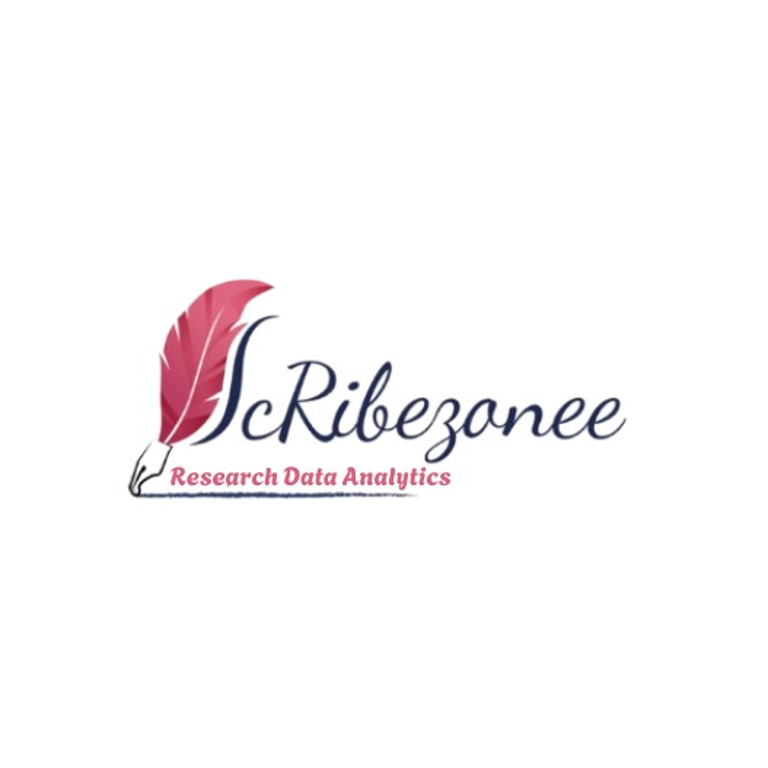Ethical principles that all scholars ought to remember
ScRibezonee
8/29/20242 min read


Ethical considerations are paramount for academics in their research, teaching, and professional interactions.
Here are some key ethical issues every academician should keep in mind:
Research Integrity: Academicians must uphold the highest standards of integrity in their research, ensuring that data is collected, analyzed, and reported accurately and honestly. This includes avoiding fabrication, falsification, and plagiarism.
Informed Consent: Researchers must obtain informed consent from participants before involving them in studies. This ensures that participants understand the purpose, risks, and benefits of the research and can make voluntary decisions about their participation.
Confidentiality: Academicians must protect the confidentiality of research participants, ensuring that their personal information is kept secure and not disclosed without their consent.
Conflict of Interest: It's essential for academics to disclose any potential conflicts of interest that could bias their research or professional judgments. This includes financial interests, personal relationships, or other factors that could influence their work.
Responsible Authorship: Authors should give credit to all individuals who have made significant contributions to the research and avoid ghostwriting or guest authorship.
Respect for Intellectual Property: Academicians must respect intellectual property rights, including copyrights, patents, and trademarks. This involves properly citing sources and obtaining permissions when necessary.
Fair Treatment: Academics should treat colleagues, students, and research participants with fairness, respect, and professionalism, regardless of differences in background, beliefs, or status.
Responsible Mentoring: Faculty members have a responsibility to mentor students and junior researchers in an ethical manner, providing guidance and support while promoting integrity and professional development.
Publication Ethics: Academics should adhere to ethical standards in the publication process, including submitting original work, disclosing conflicts of interest, and avoiding duplicate publication or plagiarism.
Social Responsibility: Academicians have a role in addressing societal issues and promoting social justice through their research, teaching, and professional activities.
Environmental Responsibility: Academics should consider the environmental impact of their research activities and strive to minimize waste, energy consumption, and other environmental footprints.
Data Management: Researchers should responsibly manage and share research data, ensuring transparency, reproducibility, and accessibility while respecting privacy and confidentiality.
Professional Integrity: Academics should maintain professional integrity in all aspects of their work, including teaching, advising, peer review, and collaboration.
By considering these ethical principles, academicians can uphold the integrity of their profession and contribute to the advancement of knowledge in an ethical and responsible manner.

